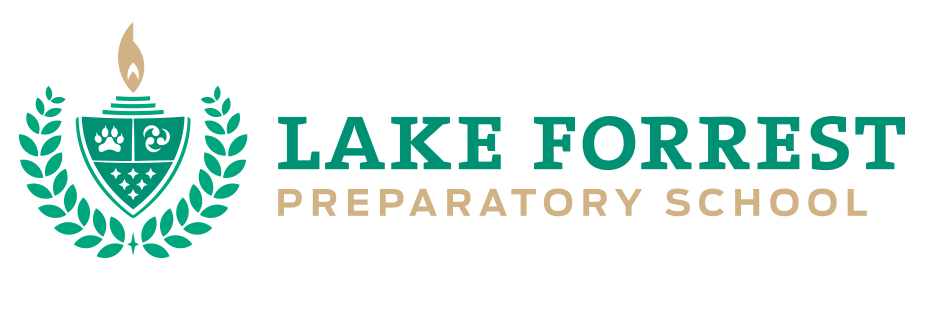Math is a subject students generally either adore or avoid. Unless math is pointed out, it is not often considered a fundamental part of everyday life. Show your child how math is incorporated into almost every aspect of life to help them understand why they’re learning about it. Here are a few ways to start.
Look to Nature for Mathematic Principles
Many students have word problem aversion. However, going outside can be a great way to teach math concepts. These are some great questions to get started on using tools in your own backyard:
- how many sticks do you need to gather to create a line one meter long?
- Measure a nearby tree’s perimeter; what is its radius?
- If you stack a wall 12 blocks high and 5 blocks long, how many blocks do you need?
Consider the Math in Your Kitchen
One of the ultimate math laboratories in the house is your kitchen. Measuring ingredients uses fractions. You can also explain how precise measurements are an important part of both science and baking! Following directions is a critical thinking activity with the end result of a delicious batch of cookies or an entire meal.
Look for Practical Applications
Go to a football game, a tennis match, or a bowling tournament. If your child is on the younger side, talk about how different plays in sports like football earn different points. If your child has a penchant for statistics, research the stats of their favorite teams or players.
Money is also an interesting math concept. Ask how many quarters make up a dollar. Why are they called quarters? Have your child determine which 15 coins out of a pile can add up to $1. Reward them with $1 at the end of the lesson.
Lastly, go shopping! If your child wants to buy cereal, have them compare prices. Do the cereals contain the same amount of ounces? Find out which is cheaper per ounce. When a shirt is on sale 15% off, have them figure the price. What does Target’s ‘BOGO’ sale mean in a fractional or percentage amount? And does that BOGO purchase mean you’re always guaranteed a better deal?
Play Games
Many game manufacturers have math games specific for children, but Monopoly and Life are great introductions into choices, finances, and spending money wisely.
Children love role-playing games; put them in charge of a play shop and let them barter, sell, and trade.
While you look around for examples of math, challenge your child to do the same. see where they can find numbers and examples of how math helped solve problems, such as in building design or how land is divided.
At Lake Forrest Prep, we encourage children to incorporate math skills into everyday life. Call us at 407 331-5144 to learn more.


